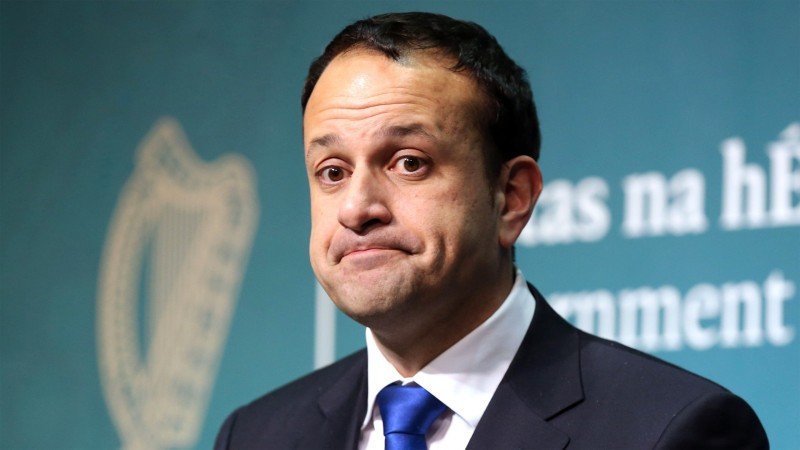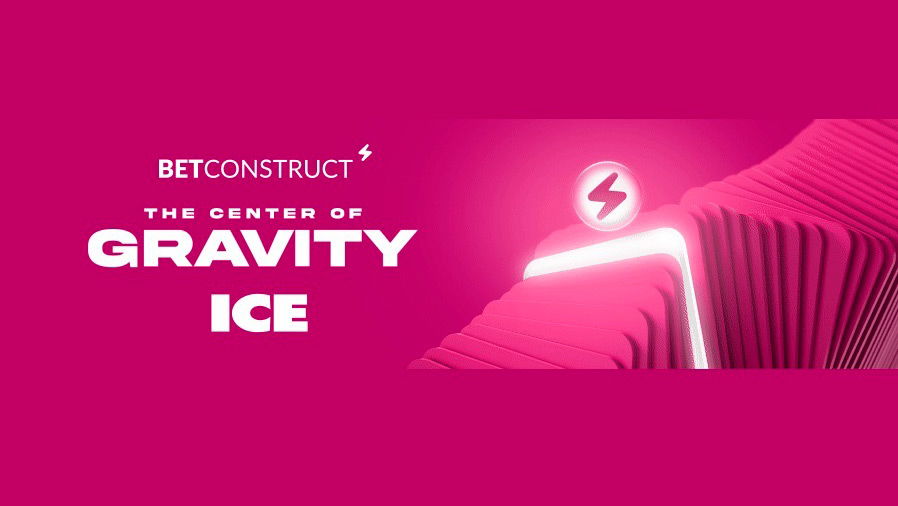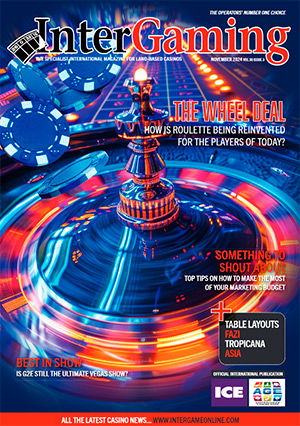Ireland: new gambling regulator will not be established for at least 18 months

The Cabinet—Irland's executive authority—has approved the establishment of an independent gambling regulator as well as interim measures to update decades-old laws.
Taoiseach Leo Varadkar—the Irish prime minister and head of government— who described the nation's current gambling laws as "quite out of date," has said Ireland’s €8 billion (USD 9 B) betting industry will not be put in place for at least 18 months.
Despite demands from anti-gambling groups for stronger State intervention, the establishment of the regulator "is something for the next 18 months rather than the next couple of months," Varadkar said.
Meanwhile, the Government published the report of an interdepartmental working group into gambling, which lays out a path to reform the State’s 60-year-old gambling laws, the Irish Times reports.
The new body will be financed by a levy on every part of the gambling industry, said Mr. Varadkar – though part of the levy will be used to fund education and information programmes for those with addiction issues.
Minister of State with responsibility for gambling, David Stanton received Cabinet approval to publish the Gaming and Lotteries Amendment Bill 2019 to modernize existing laws.
Saying he was "particularly anxious" to curb underage gambling, Mr. Stanton proposes to standardize the age limit for participating in all activities under the Gaming and Lotteries Act 1956 at 18 years of age. In addition, the Totalisator Act 1929 “will be amended to provide for an age limit of 18 years for betting with the Tote”, Mr. Stanton said.
The Bill also increases the stake and prize limits for gaming machines to €10 and €750, from 3c and 50c respectively. These limits have not been increased since 1956.
The working group’s report contains a number of key recommendations for the sector and will be used as a blueprint for the regulator. The report has recommended the establishment of a sports betting integrity unit within the authority modeled on the one in the UK.
This has been proposed in light of concerns raised about possible attempts at "match-fixing" in Irish sporting events.
The report found that “maintaining integrity in this regard was of critical importance”. The group also recommended the establishment of an anti-money-laundering unit. This unit could establish the source of funds used for bets over a certain threshold.
The proposed gambling regulatory authority would also have the responsibility for the issuing of all licenses and permits for gambling activities following a transitional period.
These would be issued under the categories of betting, gaming and lotteries, gaming machines, bingo, casino, and online gambling.
The Revenue Commissioners, local authorities, An Garda Síochána, the District Court and Horse Racing Ireland would have no further direct responsibility in the licensing of all types of gambling permits and licenses.
New code
In relation to gambling advertising, sponsorship and promotion, the regulator could set a new code.
This would be done in consultation with the relevant departments, sporting organizations, and other bodies. “The code shall contain appropriate, proportionate and effective measures having due regard to potential negative consequences for sporting organizations and events,” the report states.
The regulator could also give consideration as to whether gambling advertising, sponsorship or promotions may be required to carry "health warnings" along the lines of the financial regulator or those imposed on cigarette and alcohol packaging.
There should also be a ban on betting inducements such as advancing credit to a person for the purpose of betting or return of lost player funds.
The gambling regulatory authority could also impose financial sanctions against operators who breach license conditions designed to prevent problem gambling, gambling by children and vulnerable adults.
The report also considered the possible imposition of daily, weekly and monthly spending limits for certain gambling activities, with appropriate “cooling off” periods where the player seeks to increase previous limits imposed.


















































